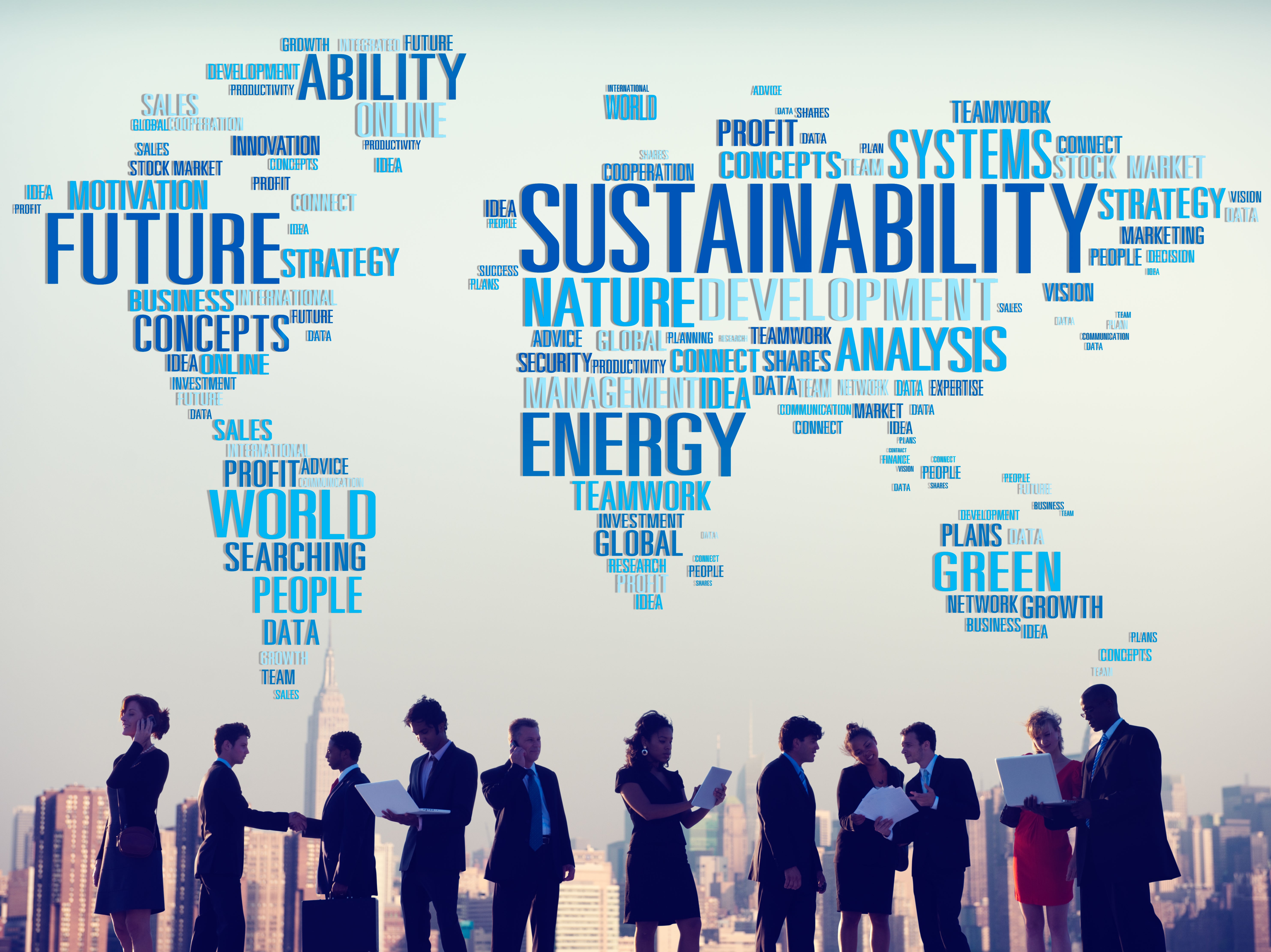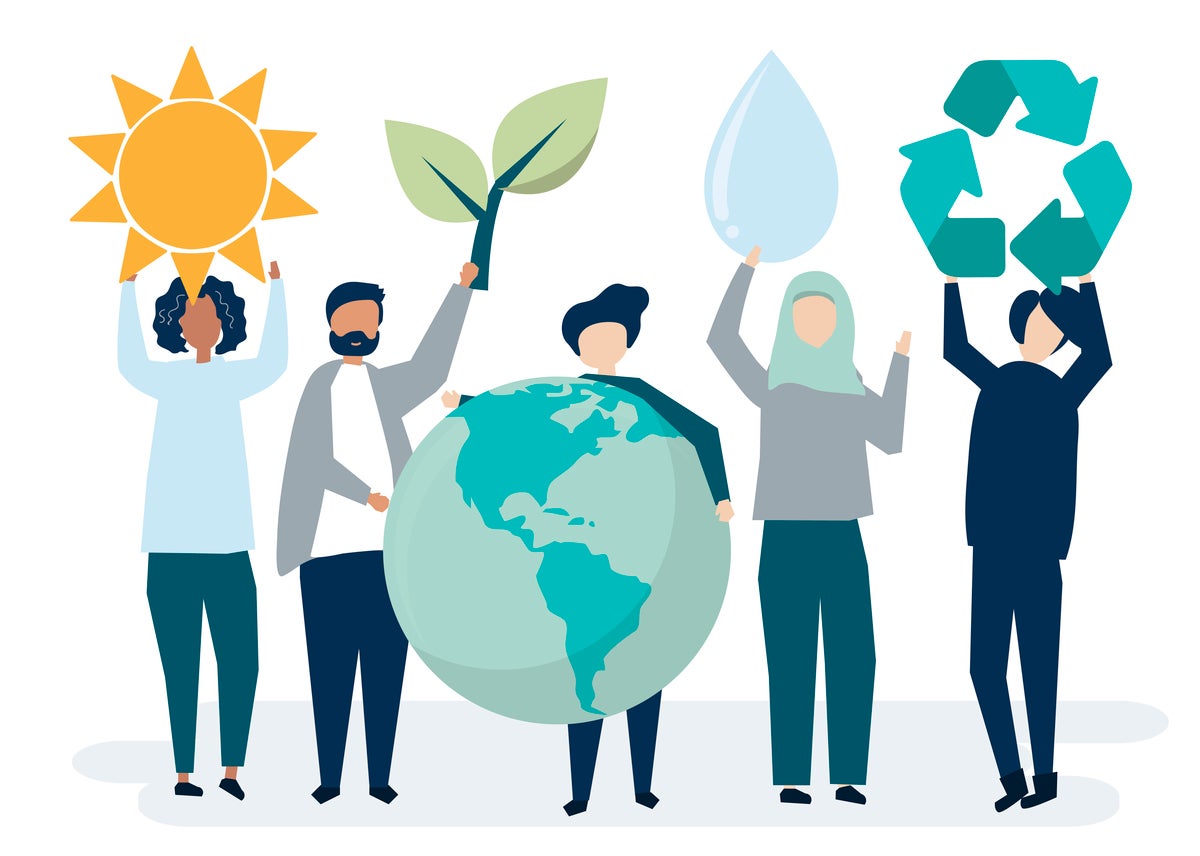Sustainability, but for whom? Sustainability as a human right
By Khampha Stempel | December 20, 2022
This post is part one of a two-part series. Part two will be published in Spring 2023.
Settler colonialism and the Stibnite Gold Project
A vast supply of critical minerals is required to meet large-scale sustainability goals and support the implementation of renewable energy systems. Many of these mineral and energy resources are located on or near the lands of Indigenous communities. Indigenous communities are not new to these institutional and systemic calls for resources supposedly meant to serve the “greater good” (see Healy and Baker, Voyles for examples).
If sustainability is about sustaining communities and natural environments, the questions of what and who is being sustained must be addressed.
Understanding sustainability and energy systems through a human rights lens help answer the questions of who and what is being sustained. Many sustainability processes rely on stakeholder engagement with the goal of including a diversity of voices in sustainable decision-making processes, but, in practice, these models often reduce people and places to a singular stakeholder identity. For example, in Healy and Baker’s New York Times article, they highlight the role of Perpetua Resources (a mining operation), Ambri (a solar battery manufacturer), the Biden administration, local Yellow Pine Idaho residents, the Nez Perce tribal community, and other entities in the permitting process of the Stibnite Gold Project. These stakeholders carry different social identities and, therefore, hold varying levels of power associated with racist and colonial social systems.
The Stibnite Gold Project led by the mine operator, Perpetua Resources, is in the middle of a permitting process with the United States Forest Service to receive permission to launch fully into mining operations. The stakeholders outlined in the previous paragraph carry many different interests, like Perpetua Resources’ need to accommodate green capitalist shareholder interests, the Biden administration’s intent to increase renewable energy systems and domestic critical mineral supply chains, and the Nez Perce tribe’s interests to maintain lifeways with salmon and water systems.
These different stakeholders hold different forms of power considering historical and ongoing forms of racism and settler colonialism. Acknowledging what is at stake for different stakeholders through the lenses of settler colonialism and racism lead to more nuanced sustainability questions and challenge generic sustainability stakeholder analyses.
Challenging the assumption that all stakeholders included in sustainability decision-making processes share the same social power dynamics is central to understanding sustainability as a human right.

Social power dynamics, sustainability, and tipping points
Indigenous sustainability scholar Kyle Whyte explains how these social power dynamics have been largely ignored in his article “Too late for indigenous climate justice: Ecological and relational tipping points.” The article critiques the United States' institutional and systematic relationships with Indigenous communities.
Whyte describes how environmental justice for Indigenous peoples in sustainability processes involves addressing social and environmental tipping points. The surpassing of a tipping point happens when an entity moves beyond a threshold and is unable to return to its former state. The concept of a tipping point was brought into popular discourse through Malcolm Gladwell’s book, “The Tipping Point: How Little Things Can Make a Big Difference.” Gladwell defines a tipping point as “the moment of critical mass, the threshold, the boiling point” (p. 12).
Colonial histories and the ongoing operation of settler colonialism put social tipping points into question. Whyte argues that many important Indigenous relational tipping points have long-been surpassed before any of the ecological tipping points that sustainability and climate scientists have identified as urgent crises.
Histories are often glossed over in the United States’ education system and have limited the understanding of colonialism to a past historical event. In addition to Whyte, experts like Tuck and Yang and Liboiron have made it clear that settler colonialism is an ongoing event perpetuated by capitalism and industrialization.
Indigenous communities are not only stakeholders, they are also rights-holders. The ongoing failure to acknowledge this in stakeholder analyses have diminished and even eliminated the autonomy and sovereign power of Indigenous communities.
Identifying Indigenous communities as rightsholders emphasizes Indigenous rights outlined in the United Nations Declaration of Rights for Indigenous Peoples (UNDRIP) and acknowledges the autonomy of Indigenous decision-making. In the case of the Stibnite Gold Project, sustainability is not only achieved through renewable energy implementation in the United States and global communities, but also for the Nez Perce by addressing settler colonialism and sustaining ways of relating to salmon and water.
Whyte, in addition to other scholars (see Klinsky and Brankovic), has made it clear that coordinated action is required to achieve both sustainability and human rights goals.
However, coordinated action can only take place if the qualities of good relationships, like consent and accountability, are present by addressing settler colonial and racist forms of oppression.

Social systems of oppression and sustainability
Hegemonic systems, organizations, and people—many of whom participate in sustainability processes—have made it clear that coordinated action is not a priority. Over the past decade, social systems of oppression have been brought to the forefront of urgent political agendas in the United States general public through the persistent and ongoing police killings of Black individuals that include the murders of George Floyd, Breonna Taylor, Tamir Rice, the list goes on (see the numerous books discussing racism in the United States, Alexander, 2010; Anderson, 2016; DiAngelo, 2018). Other social events have made the connection between social injustice, the natural environment, and sustainability more clear.
Despite the well-meaning intentions of individual people, organizations, and institutions in the United States, lived examples of societal and environmental injustices highlight the unsustainable nature of racist and colonial systems and institutions. Dakota Access Pipeline protests in 2016 and 2017 highlighted the rights of Indigenous Peoples and the importance of eliminating colonial land relationships (see Estes and Dhillion, 2019). The 1982 protests in Warren County, North Carolina in response to the dumping of hazardous waste in predominantly poor Black communities ignited the environmental justice movement (see Cole and Foster, 2001). The necessity for recurring catastrophic social events to bring the ongoing nature of oppressive systems (i.e. racism and settler colonialism) into the spotlight ignores the everyday impact of these systems on the lives of real people.
Frameworks guiding sustainability processes
Sustainability processes exist in racist and colonial structures and carry the responsibility of addressing these oppressive structures.
Numerous sustainability frameworks like the United Nations’ Sustainable Development Goals, the rise of the corporate environmental, social, governance (ESG) framework to manage risk, and Elkington’s triple bottom line, a sustainability framework he would later critique in 2018, have called on individuals and institutions to adopt a holistic understanding of sustainability. According to these frameworks, sustainability practices should be grounded in the interrelationship between the social and environmental.
Implementing environmental sustainability solutions, like shifting energy systems to renewable sources like solar and wind, often consumes social sustainability without critical thought (see sustainability goals outlined by Project Drawdown and the UN Sustainable Development Goals).
The concept of social sustainability is less immediately clear compared to environmental sustainability, but sustainability discourse has understood this concept as labor rights in the workplace, sufficient engagement with diversity, equity, and inclusion programs, and the integration of stakeholder engagement practices to achieve organizational sustainability goals. False assumptions that sustainability knowledge and actions are theoretically coproduced by people from diverse backgrounds, disciplines, and training have perpetuated the siloed nature of environmental and social sustainability problem-solving. Leaders and groups guiding sustainability processes have yet to address how environmental and social sustainability goals are met, in addition to the question of sustainability for what and whom.

Human rights and coordinated action
Approaching sustainability through a human rights lens leans into the social complexities of sustainability problems.
Knowing that government institutions, corporations, and other organizations in the United States have surpassed relational tipping points brings to light the irreparable consequences of ongoing settler-colonial actions imposed on Indigenous communities. The relationships between Indigenous communities and other social groups and institutions have been surpassed not only due to historical events, but also ongoing harms of colonialism and capitalism.
Translating sustainability knowledge into action requires coordinated action among diverse individuals, communities, and institutions. Sustainability in its most holistic form must move beyond sustaining racist and colonial structures rooted in “sustainable” actions like detached philanthropic giving and financial ESG investment. Sustainability efforts must take into consideration what and who they are sustaining.

